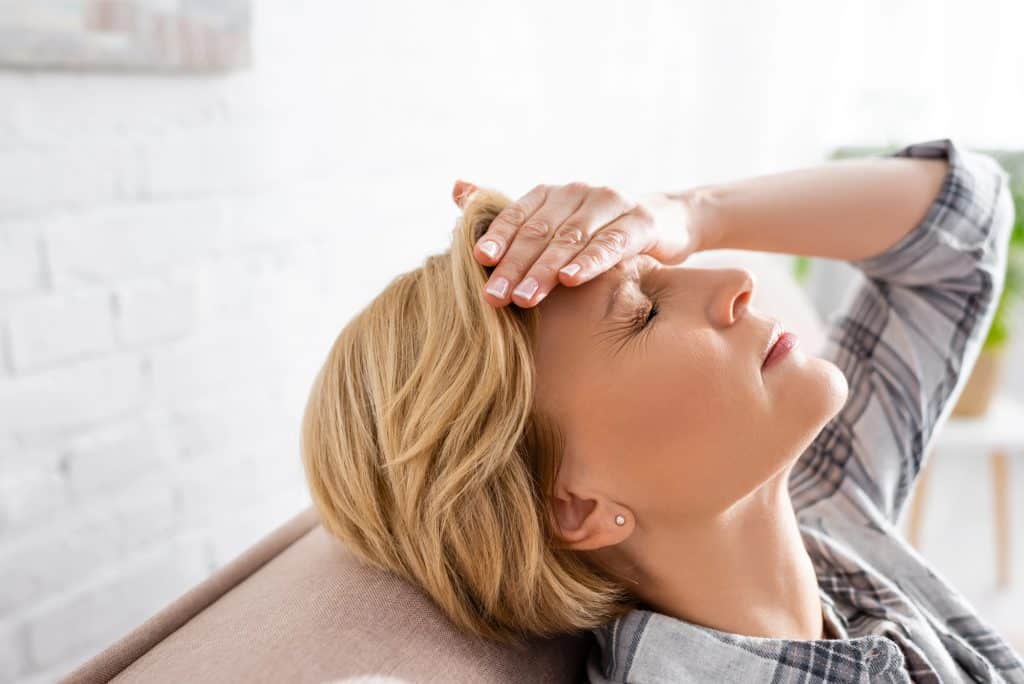Menopause is a natural stage in a woman’s life, accompanied by many hormonal and physical changes. Beyond the physical effects, emotional challenges may also arise. For some women, this stage includes coping with migraine in menopause—a common phenomenon linked to hormonal changes and the decline in estrogen levels.
Migraine in Menopause – Different Patterns
Research shows that the relationship between menopause and migraine is not uniform:
-
For some women, migraine during menopause eases and even declines after the transition ends.
-
For others, migraine frequency or intensity actually increases after menopause.
Each case is individual and unique, making it important to recognize the changes and identify personal patterns.
Medication – Benefits and Drawbacks
Since the exact causes of migraine are not fully understood, various medications are used to relieve attacks or reduce their frequency. However, these drugs can be associated with side effects such as dizziness, dry mouth, reduced alertness, or stress on the liver and stomach. Long-term use may also lead to tolerance or dependence.
Trigger Point Stimulation – A Non-Invasive Approach
Another approach studied for coping with migraines is the simultaneous stimulation of trigger points in the body. In Eastern medicine, these are described as acupressure or acupuncture points, while in Western medicine they are identified as hypersensitive areas linked to muscle tension or lack of mobility. Simultaneous stimulation of several points may help release tension and reduce discomfort.
Complementary Technological Solutions
The 4Gates system offers an innovative technological approach for managing migraine in menopause. It is based on the simultaneous stimulation of four strategic trigger points in the body—on the hands (LI4) and feet (LV3). Its built-in algorithm applies varying pressure to maintain continuous and diverse stimulation.
The system is non-invasive, designed for home use, and drug-free. Many users report that they have found it helpful in reducing stress and supporting daily routines.
Conclusion
Migraine in menopause is common, but its effects vary greatly from one woman to another. Some experience relief, others worsening, and for some, the pattern shifts dynamically over time. Alongside pharmaceutical options, there are also complementary, non-invasive approaches that aim to support symptom management. The 4Gates system provides an accessible technological option that can fit into the daily lives of women coping with migraine in menopause.

